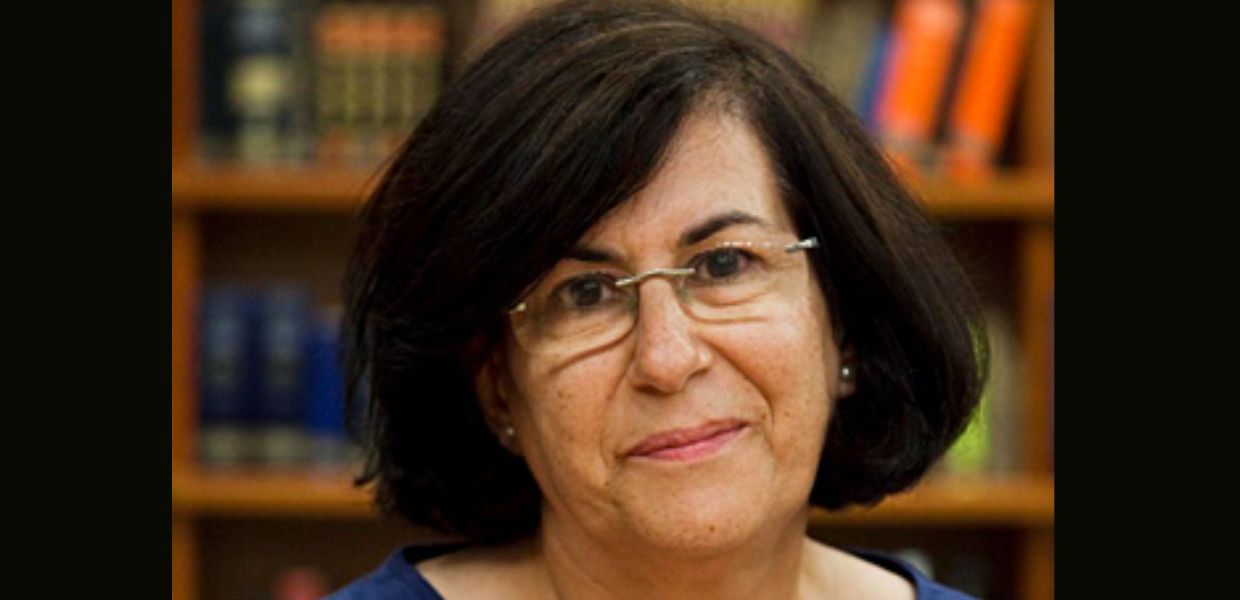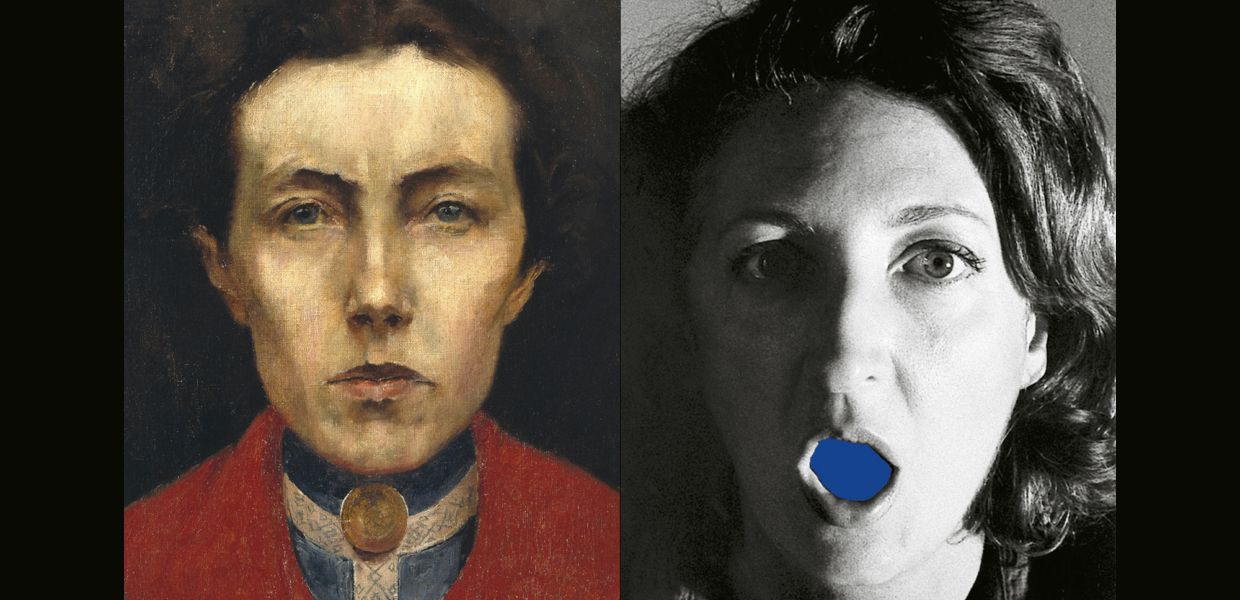We can see that the Presidency really put culture at the heart of both its policy and its event programming - why is that?
The Portuguese Presidency has made a strong statement about the importance of culture throughout the semester, highlighting the essential role that culture plays in promoting social, territorial and economic cohesion, as well as the potential of cultural activities and assets for the economic recovery in the post-pandemic context. That is the reason why Portugal has put culture at the heart of the Presidency.
What was the most important issue for you in the policy programme?
Promoting the role of culture and media in building inclusive and cohesive societies has been one of the main priorities for the Germany-Portugal-Slovenia agenda for 18 months, demonstrating the importance of culture in the future of the European Union.
Another aspect to underline is the transition to a greener, more digital and more resilient economy - the main goal of the recovery and resilience plans. The Presidency is a unique opportunity to push forward the digital transformation in culture that the cultural heritage sector and Europeana have been working on in recent years.
The Portuguese Recovery and Resilience Plan (RRP), for example, will include a significant component to support promoting the digital transition of cultural heritage institutions. The RRP will support digital network activities and funding for the digitisation, accessibility and reuse of Portuguese cultural heritage. These investments will also be crucial for the conservation of heritage.
How did incorporating a cultural programme shape the discussions taking place throughout the event?
The cultural programme was essential to get a wide variety of communities involved and to elicit discussions and other forms of participation that otherwise would not show up in the political context of the Presidency. And it provided an international opportunity to showcase Portuguese heritage and cultural life.
Find out more
To find out more about the Europeana Portuguese Presidency event on building digital capacity for the cultural heritage sector, watch our videos from the event!




